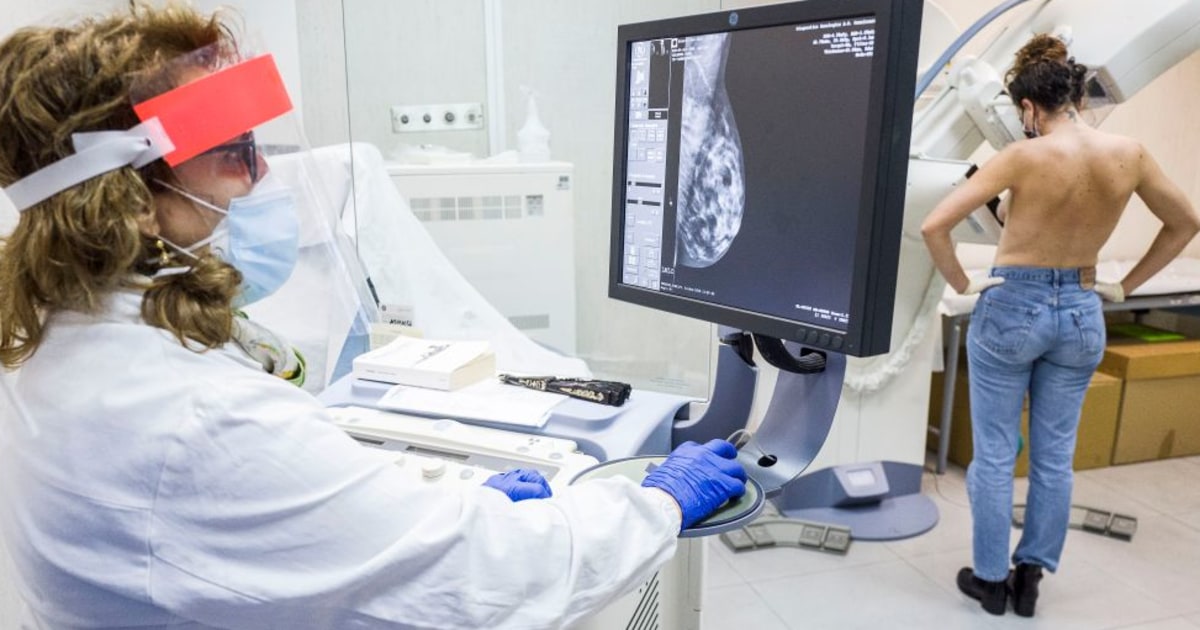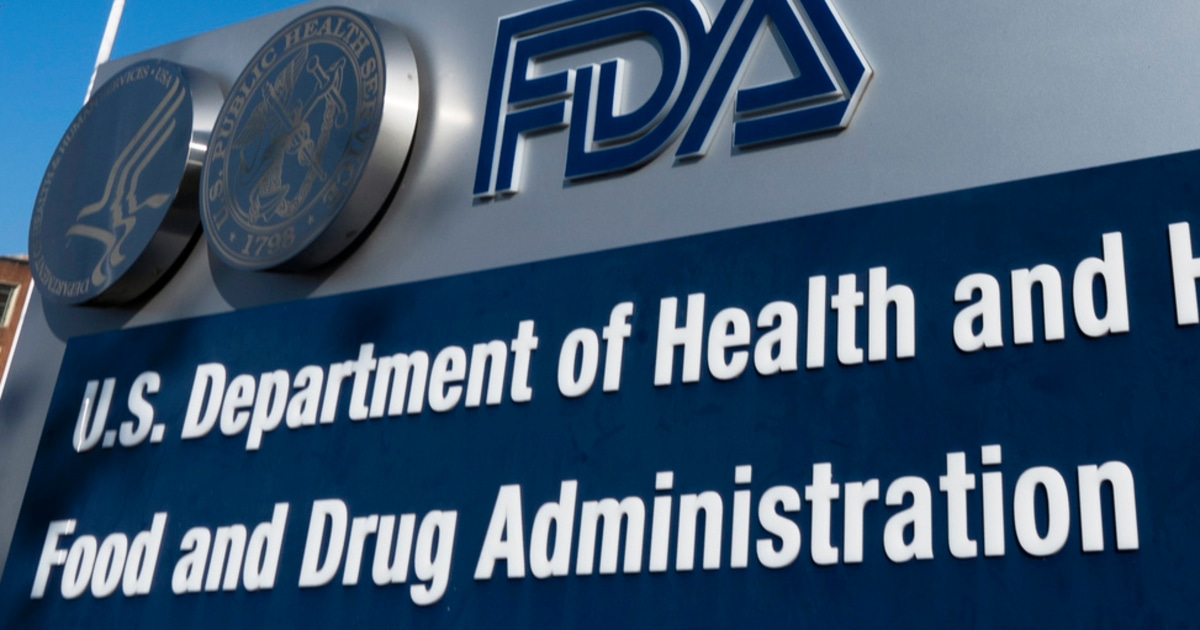By Berkeley Lovelace Jr. -
NBC News
The Food and Drug Administration (FDA) released new rules Thursday that will help early detection of breast cancer by requiring mammography providers to notify women if they have dense breast tissue and recommend they see a specialist if they need to undergo to additional screening tests.
"Today's action represents the agency's broader commitment to supporting innovation to prevent, detect, and treat cancer," Dr. Hilary Margrethe, FDA's chief medical officer, said in a statement.
[The opioid crisis is not just a white problem: deaths among Hispanics have skyrocketed]
It's a "step in the right direction," said Anne Hoyt, co-medical director of breast imaging at UCLA.
“Sometimes women with breast cancer don't see it on a mammogram because it's hidden by breast density,” she explained.
The risk of developing this type of cancer worries many patients, hence the relevance of this FDA measure, said Dr. Harold Burstein, a medical oncologist at the Dana-Farber Cancer Institute in Boston, Massachusetts, and a professor at the School of Medicine. from Harvard.
"Identifying dense breast tissue may be a slightly higher risk marker for breast cancer and necessitates additional breast imaging," said Burstein, who likened the challenge of reading mammograms to "looking through frosted glass."
Providers of this exam must apply the new standards within 18 months
, according to the agency.
Parents sue clinic that implanted genetically mutated embryo
March 2, 202300:38
More than 297,700 women will be diagnosed with invasive breast cancer this year
and some 43,700 will die from the disease, according to estimates by the American Cancer Society.
The denser the breasts, the greater the risk, says the Centers for Disease Control and Prevention (CDC).
About half of women age 40 and older have dense breasts, according to CDC statistics.
This type of breast has more tissue and fat, so mammograms are more difficult to read and cancer can go unnoticed.
How do you know if you have dense breasts?
JoAnn Pushkin, executive director of DenseBreast-info, a New York-based website that educates the public about the condition, said women can't spot it on their own because it's not related "to the way your breasts look." or feel”.
“
It's all about the composition of the breast tissue
,” she explained.
The only way to find out is with a mammogram, which doctors typically recommend every one to two years for patients ages 40 or 50 and older.
For women with dense breasts an ultrasound is also suggested.
[Experts Warn of Heart Health Risks of Insomnia]
Mammograms aren't a perfect solution either, Pushkin noted, because dense breasts and cancer can look similar on X-ray images.
A young woman undergoes a mammogram at the Cannizzaro Hospital in Catania, Italy, on November 24, 2020. Fabrizio Villa / Getty Images
“Dense breasts appear white on a mammogram.
Unfortunately, so does cancer,” she explained.
“So cancer in dense breast tissue is like trying to find a snow globe in a snowfall, easily lost and overlooked,” she lamented.
Risk Information
In 2019, the FDA first proposed new rules for breast cancer screening that would require health care providers to give women more information about the risks associated with dense breasts.
In October, the agency said it was optimistic that a final rule would be published in early 2023.
Thirty-eight states in the country already require that patients be informed about breast density after a mammogram, but not all require that they be notified if they have the condition.
[Do you have a migraine? These are the foods they recommend avoiding and the ones you can eat]
FDA regulations released Thursday set a minimum amount of information that mammography providers must communicate to them.
“It offers a uniform orientation,” Burstein said, because “it extends to the whole country.”
The FDA's decision is expected to raise awareness of the issue and encourage more women to get mammograms to find out if they are at risk, he encouraged.
“Just because you have dense breast tissue doesn't mean you have breast cancer, or that you will,” she said.
"But it may mean that you need more imaging tests."










/cloudfront-eu-central-1.images.arcpublishing.com/prisa/KMEYMJKESBAZBE4MRBAM4TGHIQ.jpg)


